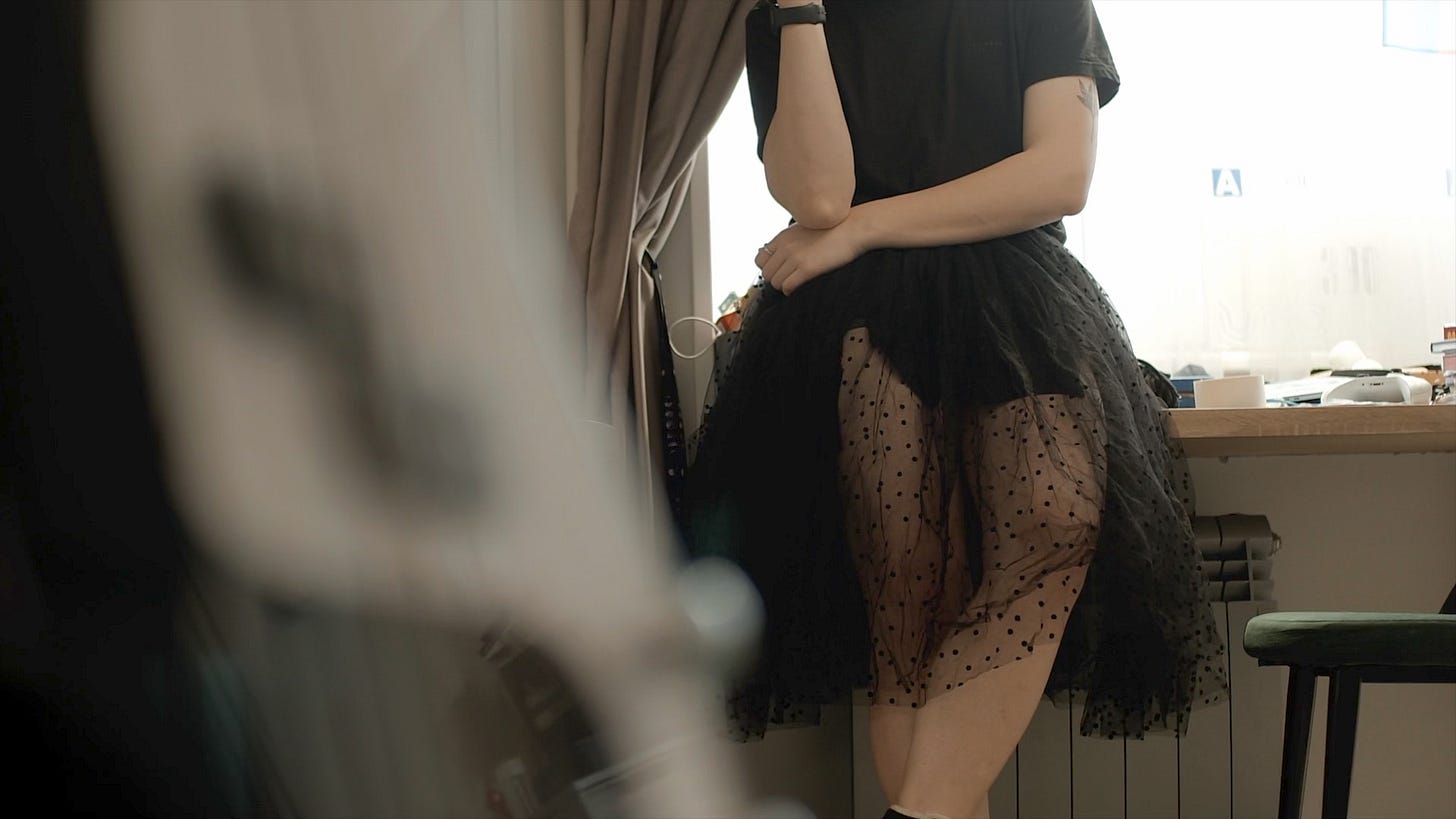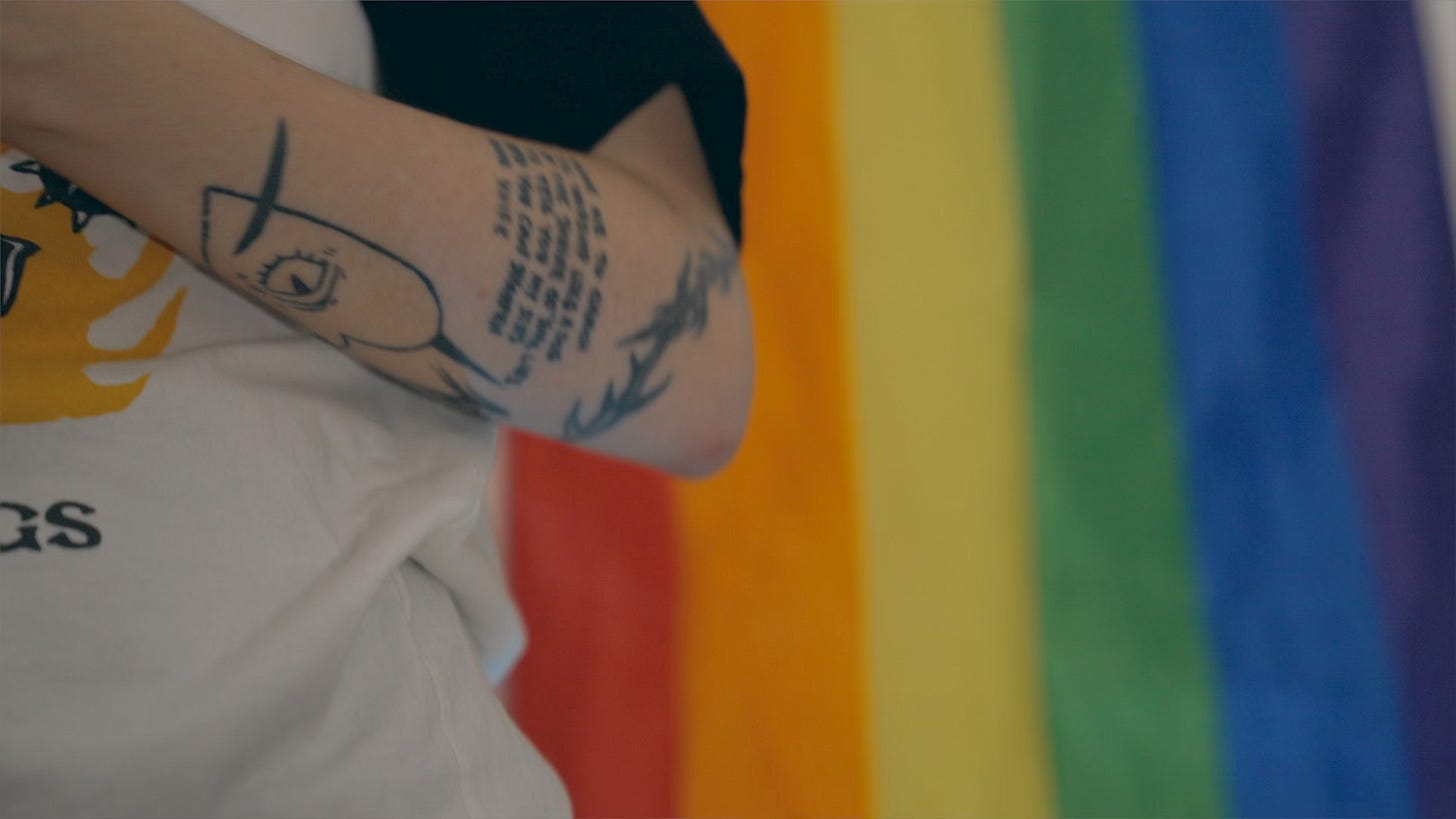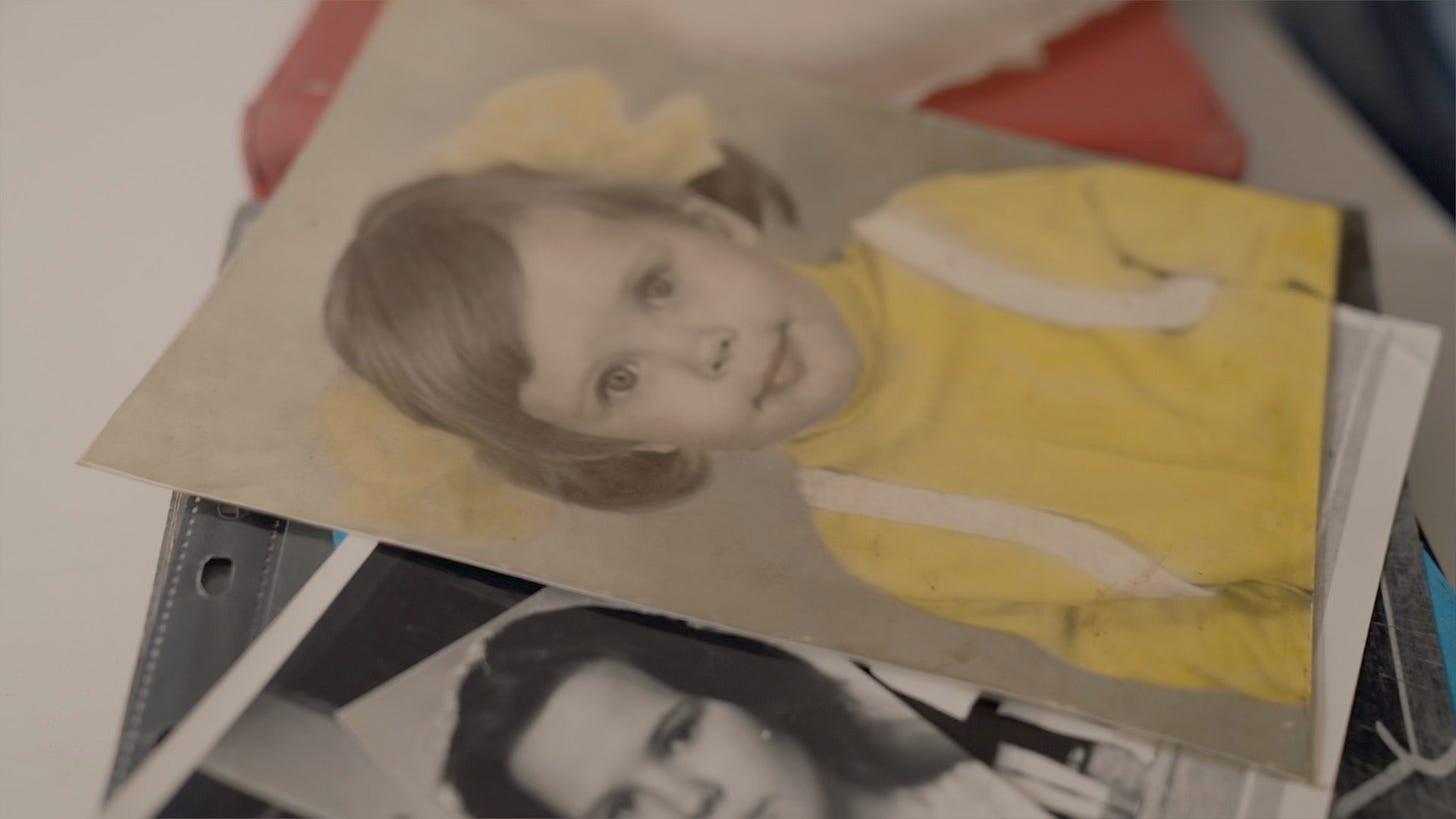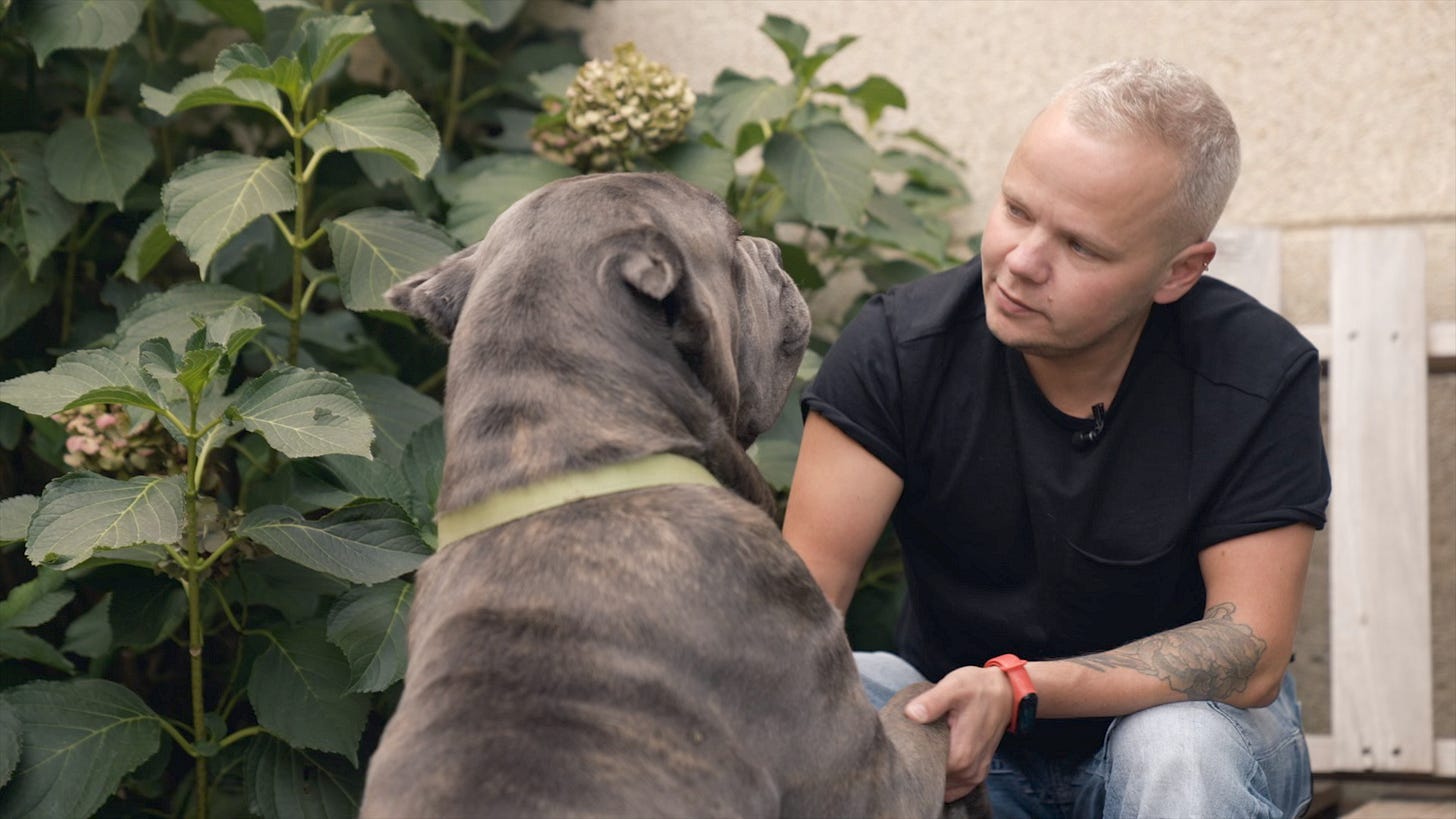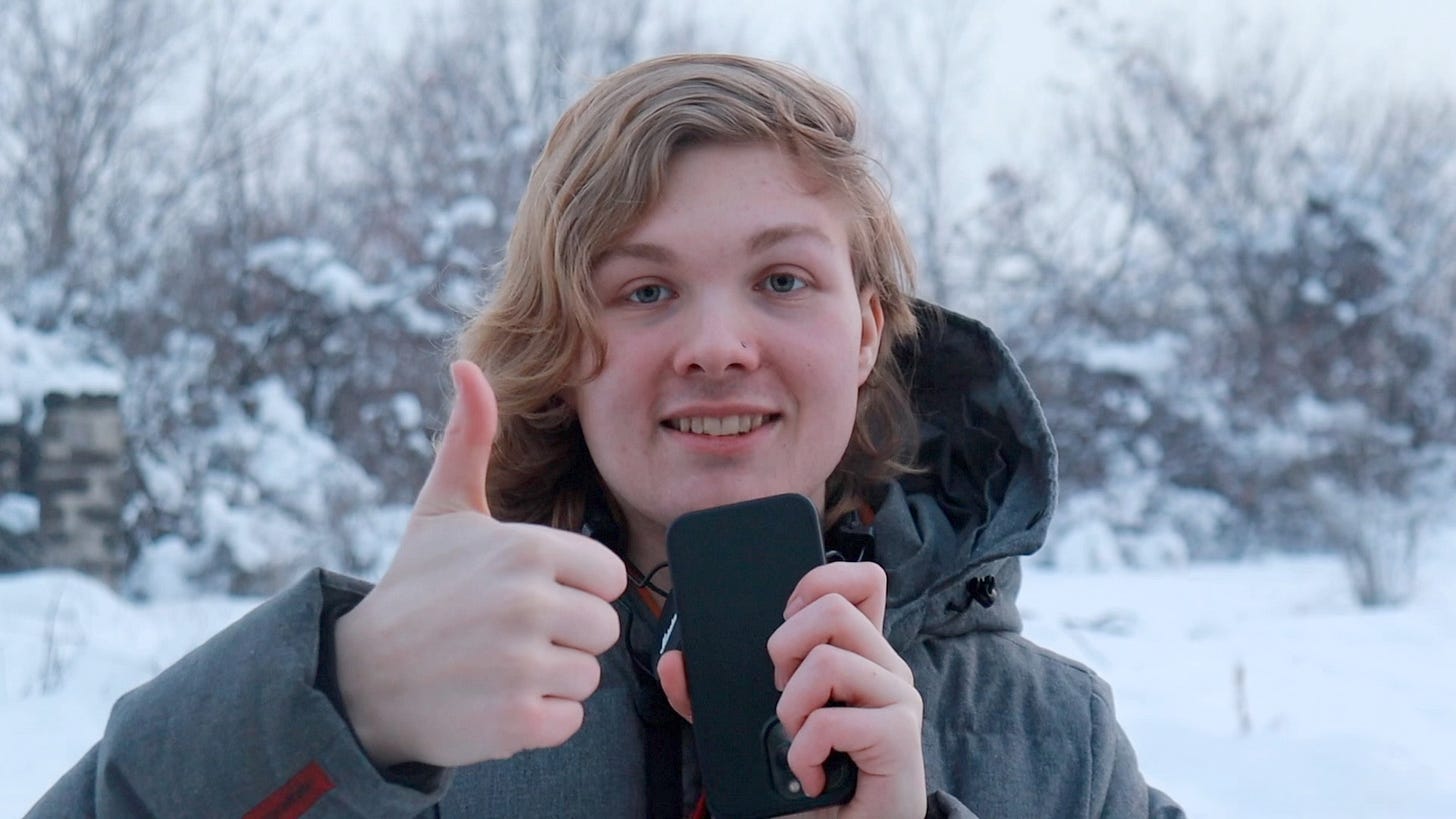'Deprived of their most basic rights' - the reality of being trans in Russia
Since the Russian invasion of Ukraine, Russia has become an increasingly hostile place for the LGBT community, and for transgender people in particular.
By Anastasia Golubeva and Jenny Norton.
In July 2023, more than half a century after Soviet doctors performed the country’s first ever gender reassignment surgery, Russian MPs voted to ban the process completely. Russia has also designated the ‘international LGBT movement’ an extremist organization, meaning people now risk prosecution and long jail sentences for being open about their sexuality and gender identity. BBC Russian has been talking to transgender Russians about the impact this is having on their lives.
Ada
“I felt such total despair that I knew the only way out was either to kill myself or to run away,” says Ada, describing the brutal nine-month ‘conversion therapy’ she was tricked into attending by her family after coming out as transgender.
‘Training sessions’ on a remote farm in the Siberian countryside included chopping wood, and at one stage, she says, being handed a knife and told to castrate a pig.
“If you want to go ahead with the operation, you need to understand what it entails,” she was told.
It was the lowest point in a battle Ada says she has been fighting all her life, for the right to be her real self. A battle fought first with her family, then with wider society, and now with Russia’s increasingly draconian LGBT laws.
Ada, 23, was born in Kaliningrad on the Baltic Sea.
“I always had the thought that I’d ended up in this body by accident,” she says, flicking her hair from her face and straightening her black lace skirt.
“In my dreams, I was always female. I was always thinking how to become a girl, and how to be a girl.”
When Ada told her parents that she was transgender, they reacted she says with “maximum negativity”. They clearly found it very hard to understand, and for a while relations between them completely broke down. But one day she says her mother called and asked if she would come with her to Novosibirsk, where she was due to undergo major heart surgery.
They were met at the airport by an unknown man, and after a long drive, the car suddenly drew to a halt. Ada says her mother jumped out, the driver turned to Ada, demanded she hand over her smartwatch and phone, and told her bluntly: “Now we’re going to cure you of your perversion.”
“At first I didn’t want to accept the reality of my situation,” Ada says. “It was only when a parcel of warm clothes arrived two weeks later that I realised that I wasn't just here for a fortnight or a month.”
At the ‘treatment centre’ she was forced to take testosterone, to pray, to chop wood and do other manual work.
Eventually she managed to escape by calling the police on a borrowed phone. She told them she was being held against her will, and the ‘centre’ had no choice but to let her leave.
The BBC contacted the ‘centre’ to ask about Ada’s experience but was told they focussed on treating drug addiction and had nothing to do with ‘conversion therapy’.
We also contacted Ada’s mother but have had no reply.
Ada returned to Moscow and moved into a small flat, which she also used as a refuge - offering other transgender people a safe place to stay.
And a safe place was something in much demand as the world outside was becoming increasingly hostile to the LGBT-community.
Since the full-scale invasion of Ukraine two years ago, anti-LGBT rhetoric in Russia has not only become mainstream, but increasingly, it’s also being enshrined in law.
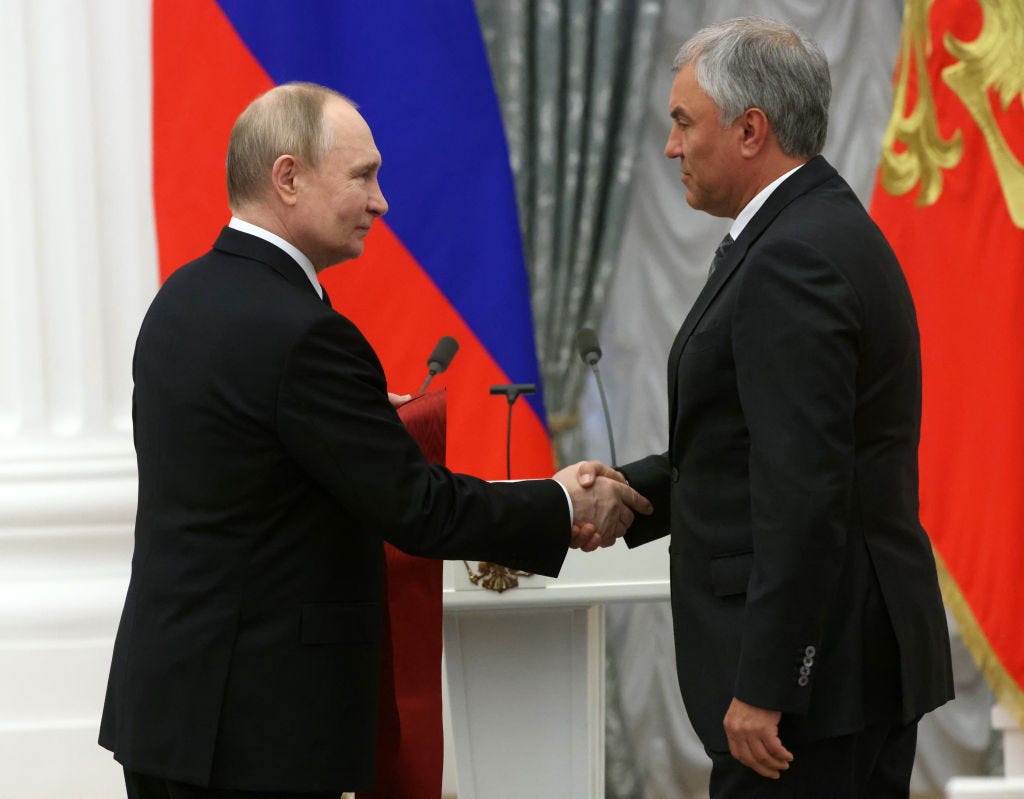
In 2023 Russia’s parliament, the Duma, passed a new law banning gender reassignment surgery, and stopping people from applying to change their documents and proceeding with medical help to reflect their gender identity.
Ada was one of the last people to successfully apply to change her name on documents before the new law was passed.
The tone of the debate and the interventions from the MPs backing the new bill spoke volumes about their lack of understanding or sensitivity towards the issues at stake.
“Someone wakes up in the morning, decides that they’re not a man, they’re a woman, or vice versa, and off they go to the passport office to get their documents changed,” spluttered Russia’s Parliament speaker Vyacheslav Volodin.
“People like that need medical treatment,” said Russian Justice Minister Konstantin Chuychenko.
Their comments echoed repeated negative references to the LGBT community by Vladimir Putin - who went on record at a cultural forum in St Petersburg at the end of 2023 dismissing transgender people as “transformers or trans something”.
“They say there are 5 or 6 different sexes,” he said. “I don’t understand what that even means.”
At the end of 2023 Russia’s Justice Ministry announced a new ruling declaring the “international LGBT movement” an extremist organisation.
It didn’t matter that no such organisation existed. In an increasingly conservative and authoritarian society, the point was to stop people supporting, speaking out or campaigning for LBGT rights in Russia.
Anyone guilty of taking part in what is now deemed ‘extremist activity’ faces up to 12 years in jail. Even displaying a rainbow flag risks a fine, and a possible four-year prison sentence for repeat offences.
In one of the first prosecutions under the new legislation two tearful and terrified-looking young people appeared in court in the city Orenburg in March. Their crime was to run a bar frequented by the LBGT community.
The extremism law was the final straw, says Ada. After it was passed, she closed down the shelter, packed her bags and left the country.
Francis
Francis, left Russia in 2018 long before the latest laws were passed. But by that time the authorities in his home town of Yekaterinburg were already taking action against what they saw as his ‘non-traditional’ family life.
“For as long as I can remember I have always known that I wasn’t a girl,” he says. “As I grew up I started confiding to very close friends about it. I didn’t know what it was called back then, but my friends knew that although I looked like a girl, I was actually a boy.”
By 2017 Francis was married to husband Jack, had given birth to three children, and adopted two more. But the smiles in family photos from that time, hid an inescapable feeling that things were not right.
“I said to my husband, maybe I’m mistaken but I think I might be transgender.”
They agreed that Francis would consult a doctor.
“They said, you are transgender. 100 per cent. I felt so much better. Everything slotted into place. It just became so much easier for me to live. I understood – this is who I am.”

Armed with a diagnosis, Francis decided to begin the process of transitioning, electing first for a mastectomy. Not an illegal step in Russia at that time, but nonetheless it attracted unwelcome attention.
Before long the local authorities intervened. The family’s two adopted children were taken into care, and Francis was told in no uncertain terms that the couple’s biological children would be next.
The family bought tickets and left Russia. They have been living in Spain ever since.
Ally
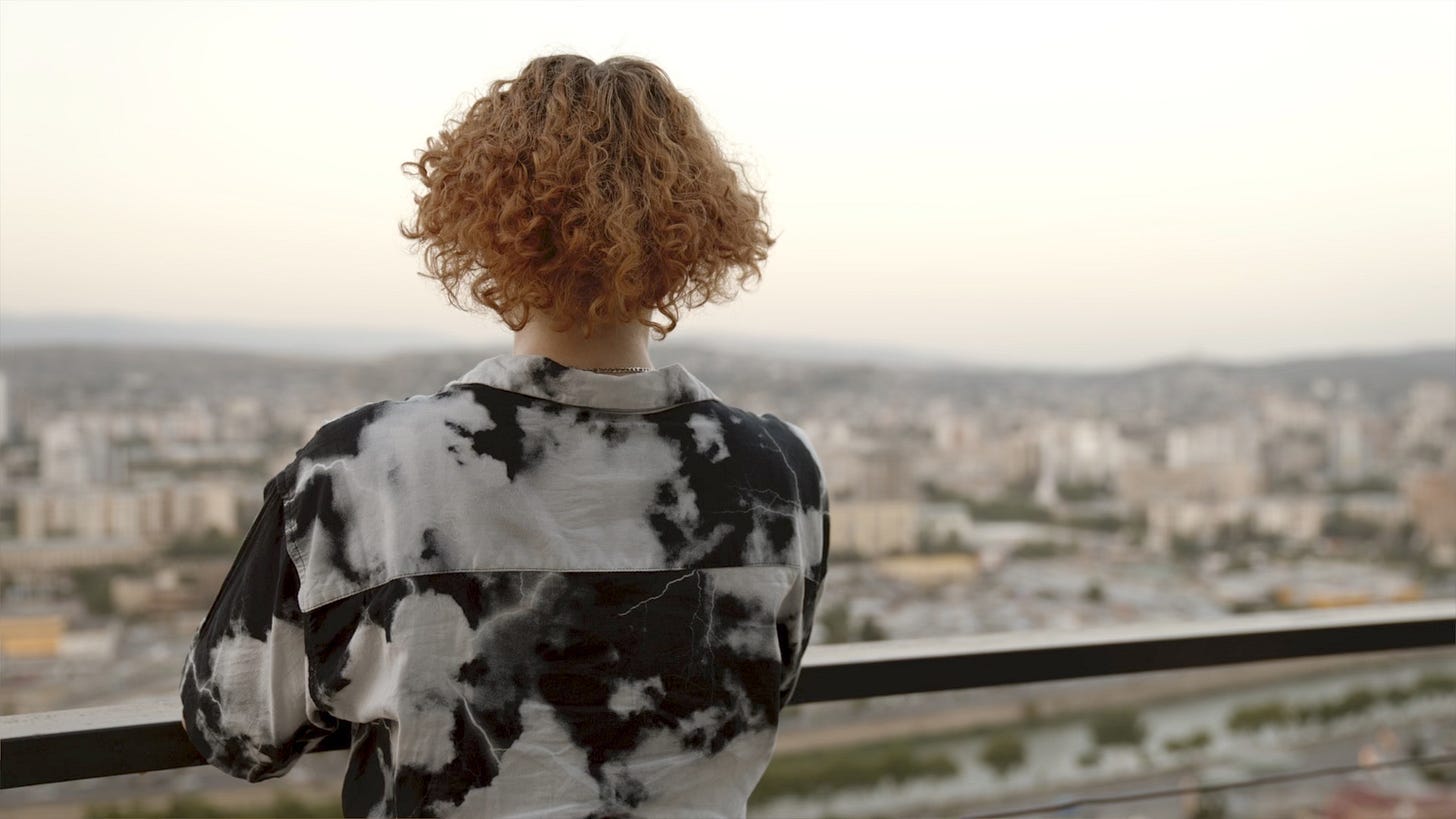
Ally, who is non-binary and uses the pronoun ‘they’, left Russia in 2022 after the full-scale invasion of Ukraine. It was a political decision, not connected to the pressures on the LGBT community, but those pressures have nonetheless taken a heavy toll.
“I just want to understand why I feel so bad,” Ally tells the BBC from the Georgian capital Tbilisi. “I don’t want to go out on the balcony for a smoke one day and not come back. I can’t put this off anymore because I want to carry on living.”
Like Ada and Francis, Ally has always felt different.
“When I was 14 years old, a girl asked me what my name was. In Russia my birth name can be applied to both girls and boys, so I told her, and she said – so are you a girl or a boy? It’s hard to put into words what I felt at the moment – such a feeling of joy. I was so happy that she couldn’t tell from my outward appearance.”
Some years later, Ally had another moment of revelation when a friend came to stay.
“We were sitting in the kitchen eating soup and suddenly I said to her – you know what, I don’t think I’m a girl, but I don’t think I’m a boy either. She looked at me and said - Oh, okay. Checks out. And then we carried on eating soup. It was one of the happiest moments of my life.”
But it hasn’t been easy to be so open with everyone. After moving to Georgia Ally took the long-desired decision to have a mastectomy. Close family members still don’t know.
“If I had just come to my parents and said Mum, Dad, I’m a lesbian it would have been easier than me saying, Mum, Dad, I’ve cut off my breasts and I want you to call me ‘they’.”
Although Ally had a medical diagnosis prior to the new Russian law banning gender reassignment, and had chosen a new gender-neutral name, it’s no longer possible to get passports and other key documents changed.
Francis has the same problem. His documents all include his former name, which causes much surprise and confusion when he is asked for ID or has to fill in forms in Spain.
But like Ally and Ada, Francis acknowledges that the most painful thing for transgender Russians, is a lack of acceptance from their families. And the climate of intolerance fostered by the new anti-LGBT laws has only made things more difficult.
“The human rights of LGBT people are used by the Russian government as a symbolic weapon in a broader, unrelated geo-political conflict, with dangerous consequences. For transgender people this has meant losing their most basic rights to legal identity and access to health care.”
Graeme Reid, UN Independent Expert on sexual orientation and gender identity
“My mother doesn’t speak to me anymore,” Francis tells the BBC. “She thinks I have disgraced our family, and that she’s embarrassed to look the neighbours in the eye. It’s as if I was some freak, or a thief, or had murdered someone.”
So what advice would Francis give to parents whose children are struggling with their sexuality?
“Just listen to them,” he says. “You need to accept your child for what they are, whatever. And then just wait to see what happens next. Maybe they are transgender. Maybe they’re not. Maybe they’re just searching for themselves.”
Searching for a new life
It’s clear that Ally is finding it a huge challenge to navigate a new path in life as both a non-binary person, and an exiled Russian coming to terms with the war being waged in Ukraine.
“In Russia the authorities and the conservative parts of society don’t like us because we’re transgender,” Ally says. “Abroad people don’t like us because we’re Russians.”
For Ally, Georgia – also still a largely conservative society, doesn’t feel like a permanent home, and relocation to Israel, whenever the necessary permissions come through, feels like the only path ahead.
Ada is now trying to build a new life outside Russia and to focus on helping other transgender people leave the country.
She is outwardly less fragile than Ally, but in her last conversation with the BBC, as she talks about the realities of life for people like her in Russia, her cheerfulness momentarily slips:
“I just want people to be able to dress however they want and not be afraid of being beaten up because of the clothes they’re wearing or the colour of their hair,” she says. “I just want people to stop having to think about how to survive.”
Standing in the garden of her new home in exile in Europe she allows herself to imagine a better future.
“Everything will be okay,” she says. “Russia will be free…Russia will be the place it is supposed to be.”
But as she looks into the camera, her voice catches in her throat.
Francis is also trying to make the best of things.
“Immigration is no longer a nightmare for me.” he says. “I’ve got used to it.”
Оn a day to day basis, life in Spain is good. He’s found work in a textile factory. “I love being with my machines,” he says.
But like Ada and Ally, Francis can’t hide a deep sadness about the plight of other transgender people left behind in Russian.
“All in all [me and my family] are doing well,” he says. “But unfortunately not everyone is doing well everywhere else.”
‘No sex permitted’: Russian police are raiding sex parties in search of ‘LGBT activities’
How sex parties became the latest target of Kremlin’s anti-LGBT rhetoric.





